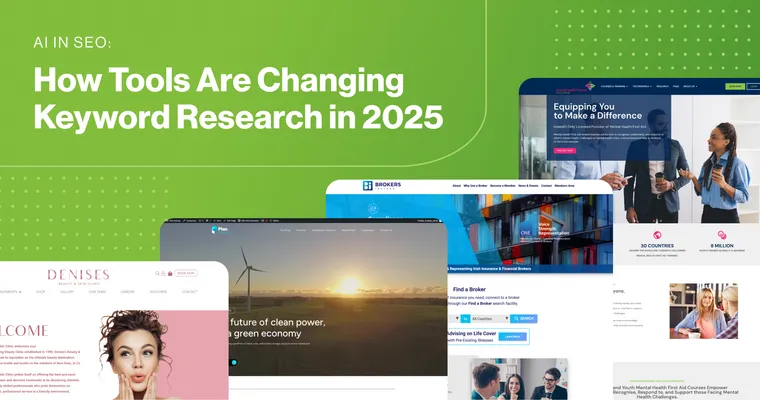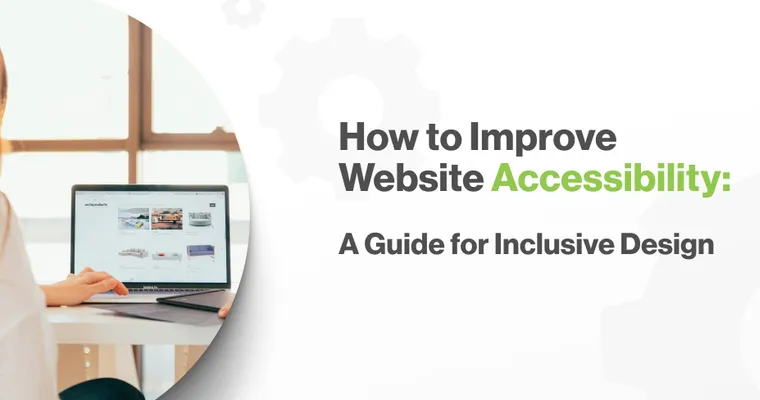Summary
A fast website is essential for SEO, user engagement, and conversions. Slow-loading pages frustrate visitors and increase bounce rates, while Google now includes page speed and Core Web Vitals as ranking factors. In this blog, we cover why website speed matters, how to measure it, and actionable tips to improve performance.
Why Website Speed Matters
- Better user experience: Fast-loading websites keep visitors engaged and reduce frustration.
- Higher conversions: Research shows that even a one-second delay can reduce conversions by up to 7%.
- SEO impact: Google considers page speed in rankings, and slow sites are penalised in search results.
- Mobile users first: With mobile browsing dominant, speed is more critical than ever.
Common Causes of Slow Websites
- Large, unoptimised images: Heavy images can drastically slow down page load times.
- Bloated code or scripts: Excessive JavaScript, CSS, or HTML can create lag.
- Slow hosting servers: Cheap or overloaded hosting can bottleneck performance.
- Too many plugins or third-party scripts: These can add requests and slow down your site.
- Uncached content: Without caching, every page view requires loading all assets from scratch.
Tips to Improve Website Speed
- Compress and optimise images: Use next-gen formats like WebP and resize appropriately.
- Minify CSS, JavaScript, and HTML: Remove unnecessary characters to reduce file size.
- Use fast, reliable hosting: Upgrade to servers optimised for speed and uptime.
- Implement caching and a CDN: Caching saves repeated downloads, and CDNs deliver content closer to users geographically.
- Limit unnecessary plugins and scripts: Remove plugins that aren’t critical to your site’s functionality.
- Monitor speed regularly: Use tools like Google PageSpeed Insights or GTmetrix to track performance.
Real-World Impact
For example, after optimising image sizes, caching, and scripts, a client’s eCommerce site improved load time from 6.2s to 2.8s, which resulted in a 40% increase in sales conversions and higher rankings in Google search.
FAQs
Q: How fast should my website load?
A: Ideally under 3 seconds. Faster websites improve both SEO and user engagement.
Q: Will improving speed really help my SEO?
A: Yes. Google’s Core Web Vitals use speed as a key ranking factor, affecting your visibility in search results.
Q: Can small businesses optimise speed without technical expertise?
A: Yes. Simple steps like compressing images, using caching, and limiting plugins can dramatically improve performance.
Q: How often should I check my site speed?
A: Regular monitoring is best – at least quarterly or after major updates, to ensure your website stays fast and user-friendly.
Q: Does mobile speed matter more than desktop?
A: Yes. Google prioritises mobile-first indexing, so a slow mobile site can significantly hurt rankings.



